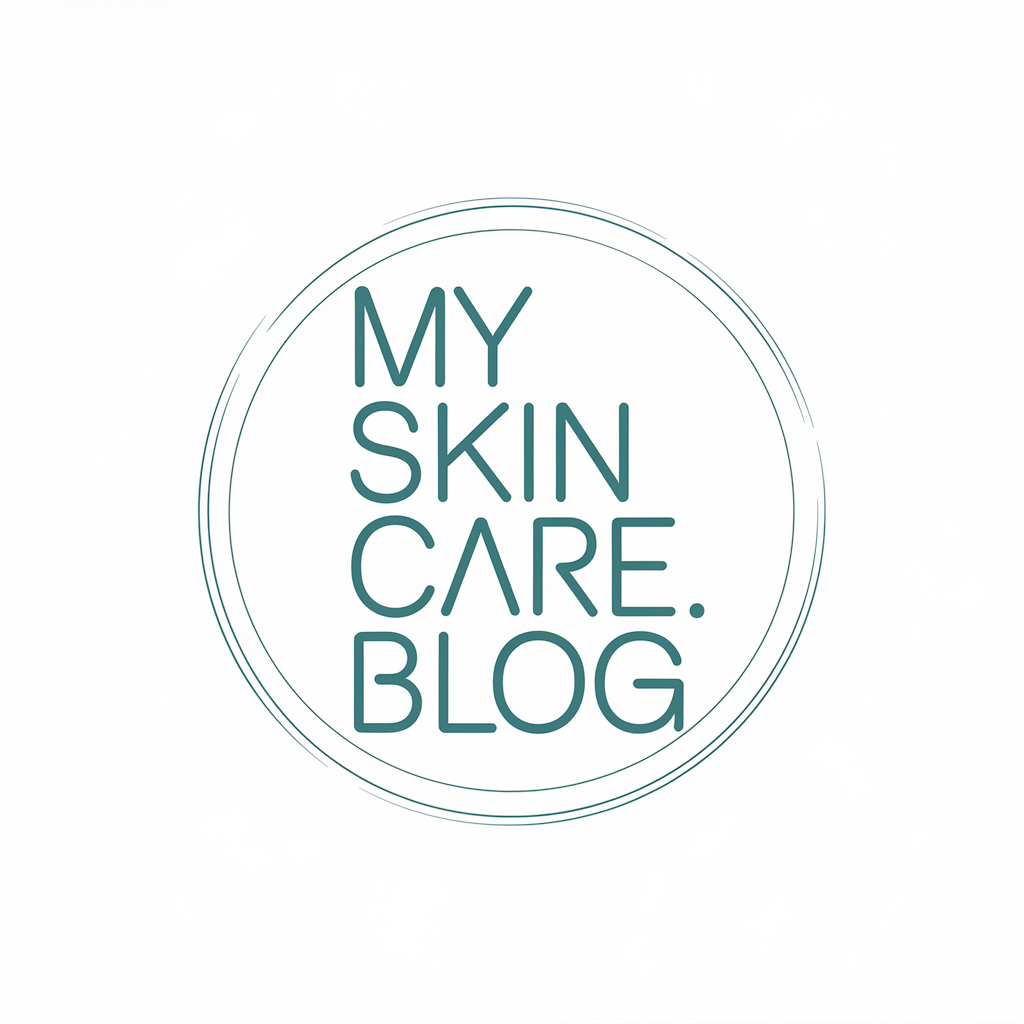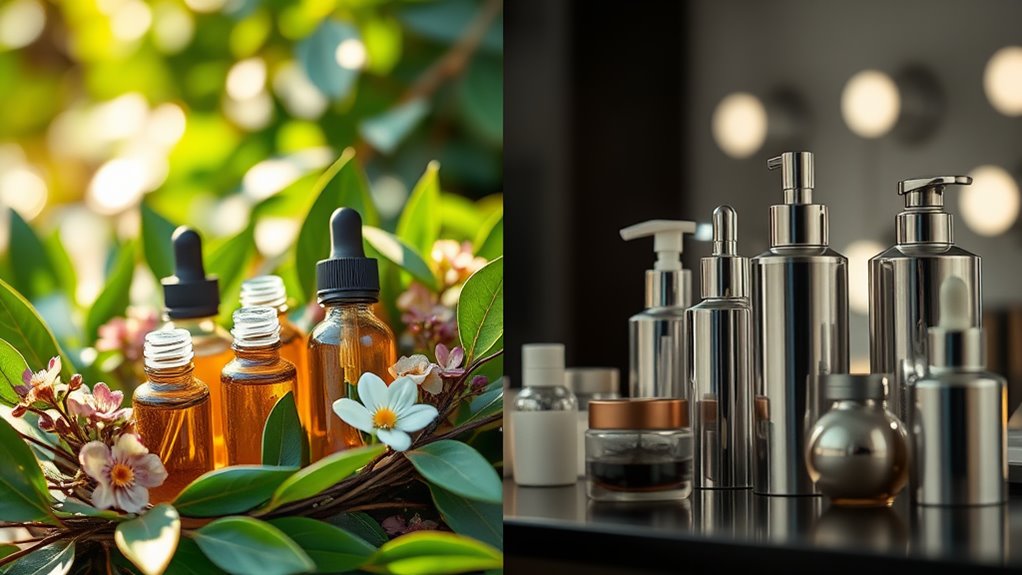Natural vs. Chemical Skincare- Which One Is Really Better.
When it comes to skincare, you might find yourself torn between natural and chemical products. Each option has its own set of advantages and drawbacks, depending on your skin type and concerns. Natural ingredients often promise gentle nourishment, while chemical formulations can tackle specific issues more aggressively. But which approach truly benefits your skin in the long run? Let’s explore the nuances of both to help you make a more informed decision.
Understanding Natural Skincare Ingredients
When you dive into the world of natural skincare, you’ll discover a variety of ingredients that can nourish and rejuvenate your skin without the harsh chemicals found in many commercial products.
Embracing natural vs chemical skincare means welcoming a community that values purity and connection to nature. Ingredients like aloe vera, coconut oil, and shea butter not only hydrate your skin but also promote a sense of well-being, making you feel part of something bigger.
These natural ingredients often come packed with vitamins and antioxidants, working harmoniously with your skin’s natural processes.
You’ll find that using them fosters a sense of belonging, as you share tips and experiences with others who appreciate the gentle approach to skincare.
By choosing natural products, you’re not just caring for your skin; you’re also joining a movement that prioritizes health, sustainability, and authenticity. Additionally, many natural ingredients are known for their antioxidant properties, which help protect your skin from environmental damage.
It’s a beautiful journey toward embracing your true self.
The Role of Chemical Ingredients in Skincare
While natural ingredients offer many benefits, chemical ingredients in skincare play a crucial role in addressing specific skin concerns effectively.
These ingredients, like salicylic acid or hyaluronic acid, target issues such as acne, dryness, and aging more precisely. You might find that chemical exfoliants can slough away dead skin cells faster, revealing a brighter complexion.
Moreover, they often contain scientifically-backed formulas that ensure consistent results, making it easier for you to achieve your skincare goals. If you’re battling stubborn pigmentation or breakouts, chemical ingredients can be your best ally. For instance, salicylic acid’s effectiveness in unclogging pores and reducing inflammation is widely recognized by dermatologists.
Incorporating these elements into your routine doesn’t mean you’re abandoning nature; it’s about finding balance.
When you understand how these chemicals work, you’ll feel empowered to make informed choices. Remember, the right combination of both natural and chemical ingredients can create a skincare regimen that truly resonates with your needs and aspirations.
Benefits of Using Natural Skincare Products
Many people are turning to natural skincare products for their gentle yet effective benefits. You’ll find that these products often contain fewer harsh chemicals, making them suitable for all skin types, including sensitive skin.
Using natural ingredients means you’re embracing the power of plants and botanicals, which can nourish and hydrate your skin without causing irritation.
When you choose natural skincare, you’re also supporting sustainable practices, connecting with brands that prioritize eco-friendly sourcing and manufacturing. This choice fosters a sense of community among like-minded individuals who care about their skin and the planet.
Additionally, natural products often boast antioxidants and vitamins that promote healthy skin, helping you radiate confidence. Moreover, many natural skincare options are free from toxic ingredients that can cause long-term damage to your skin and overall health.
Potential Risks of Chemical Skincare Products
Chemical skincare products can pose several risks, especially for those with sensitive skin. Many of these products contain harsh ingredients that can lead to irritation, redness, or allergic reactions. You might find that certain chemicals, like sulfates or parabens, can disrupt your skin’s natural barrier, causing dryness and breakouts.
If you’re part of a community that values healthy skin, it’s crucial to be aware of these potential downsides.
Additionally, some chemical formulations can be comedogenic, meaning they clog pores and exacerbate acne. You don’t want to invest in a product that promises results but ends up doing the opposite.
It’s also worth noting that prolonged exposure to certain chemicals may lead to long-term skin issues. By understanding these risks, you can make choices that better align with your skin’s needs and feel more connected to others who prioritize safe skincare practices. Furthermore, being informed about potentially harmful ingredients in your products can empower you to make safer choices for your skincare routine.
Making an Informed Choice for Your Skin
Navigating the world of skincare can be overwhelming, especially when faced with the potential risks associated with chemical products. You want what’s best for your skin, and it’s crucial to weigh your options carefully.
Start by researching ingredients in both natural and chemical products. Look for reviews and testimonials from people like you; their experiences can provide valuable insights.
Consider your skin type, concerns, and goals. Are you looking for hydration, anti-aging, or acne treatment? Understanding your needs can help you make a more informed choice.
Don’t hesitate to consult dermatologists or skincare professionals—they can guide you and help you feel confident in your decisions. Additionally, be aware that natural vs. synthetic skincare can have varying effects on different skin types, so it’s essential to find what truly works for you.
Ultimately, remember that your skin is unique, and what works for someone else may not work for you. Embrace your journey and connect with others who share similar skincare goals. You’re not alone in this quest for healthy, glowing skin!





